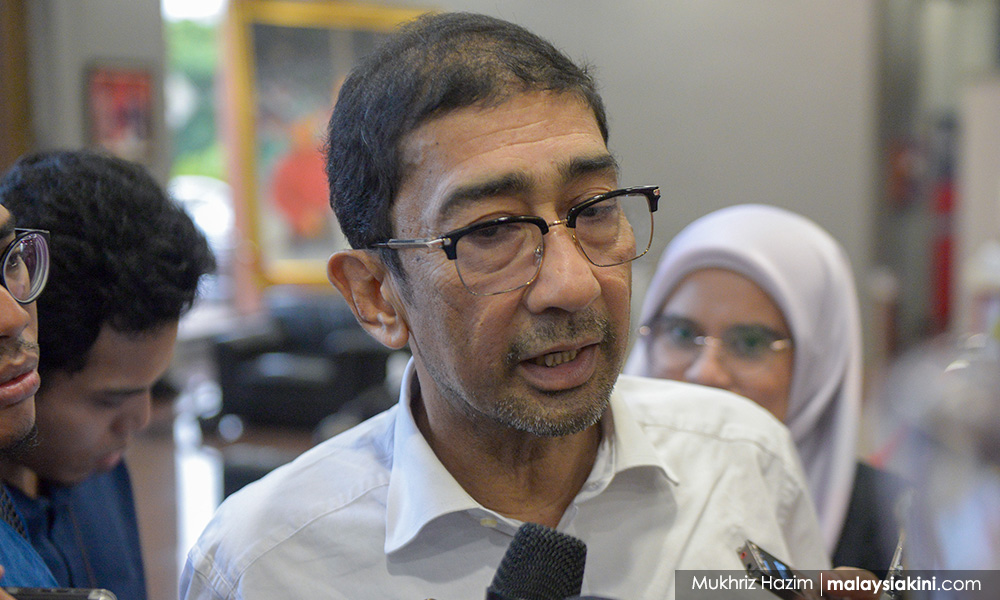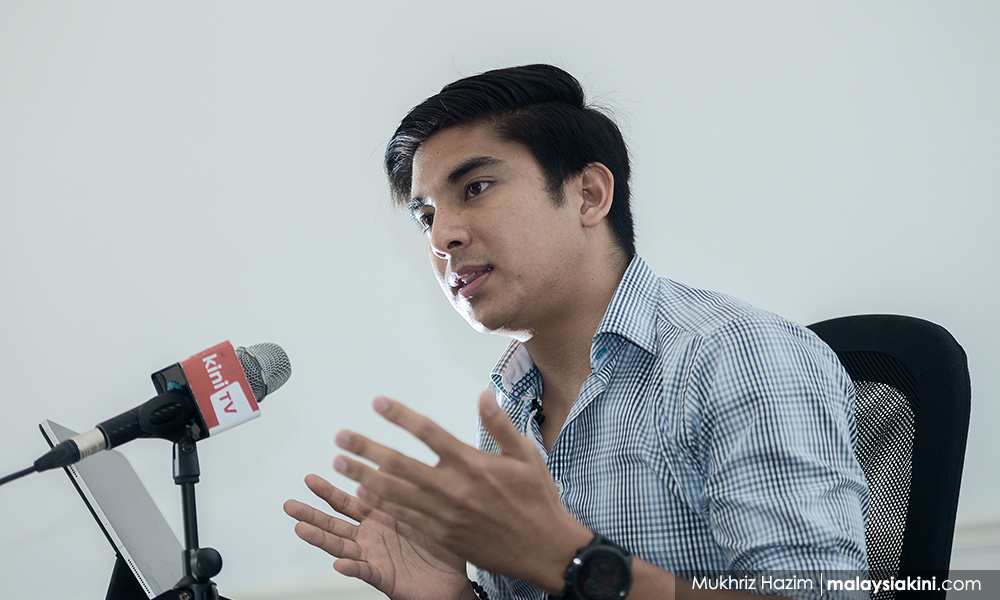COMMENT | If there’s one thing that makes it clear that today’s Malaysia has more than its share of toxicity it’s the sight of bright young minds struggling to defend themselves in cyberspace.
The story of YouTuber Veveonah Mosibin should have been a simple one, but now the poor girl from the rural village of Kampung Sapatalang, Pitas, Sabah has found herself at the centre of unwanted news coverage after she was accused in the Dewan Negara of misleading the public.
Even though Communications and Multimedia Deputy Minister Zahidi Zainul Abidin subsequently apologised over the matter, Kudat MP and fellow deputy minister Abdul Rahim Bakri pressed the issue further.
The feedback in cyberspace has been overwhelmingly supportive, but 18-year-old Veveonah has declared herself deeply hurt by the incident and has withdrawn from social media, even as politicians on both sides scramble to weigh in on the issue.
Former deputy minister Hannah Yeoh even called out Veveonah’s treatment at the hand of the two deputy ministers, calling it cyberbullying, and former education minister Maszlee Malik also questioned why the two men would choose to pursue this line.
Veveonah basically shot a video of herself climbing up a tree for an online examination due to poor internet connectivity – why could they not tackle that issue instead?

Zahidi (above) is supposed to handle communications, under which such connectivity falls – why couldn’t he just improve the situation – working with the local MP Abdul Rahim?
Instead, their first instinct was to shoot the messenger and discredit Vevenoah. I suppose we should be grateful that the full weight of political cyber troopers was not brought to bear against her.
But still, psychiatry professor Dr Andrew Mohanraj is concerned with how things are playing out.
“Our learned lawmakers need to exercise some maturity when issuing statements or debating in Parliament as what they utter can have far-reaching consequences,” he told me.
While this case does not necessarily fit the traditional form of cyberbullying - one in which teenagers are particularly affected by taunts from their peers - it is cause for concern.
“Cyberbullying can cause debilitating fear, destruction of self-esteem and social isolation. Some can develop post-traumatic stress disorder, anxiety and depressive disorder, leaving a lifelong scar.
“From her posting where she describes her inner feelings, it appears that she has somewhat decompensated psychologically. Teens particularly can become psychologically devastated by FB comments or hate mails,” said Andrew.
“Bullying is a primitive display of power that should not be tolerated. Unlike traditional bullying, cyberbullying can go viral which is even more traumatising than being bullied in front of a small group of people. Cyberbullying is painful and far more embarrassing.
Youth activist Nur Qyira Yusri, a co-founder of the Undi18 movement is another who feels the situation has been handled badly.
“I think this one was quite disappointing. I felt like Veveonah had no motives to lie about her situation. And even if the senator wanted to make a point, it’s quite unnecessary to call her out that way.”
However, her own experiences have taught her that young people can often draw on unexpected reserves of strength and determination.
“I think young people are gutsy, and stuff like this won’t diminish our spirit and determination,” she said.
Syed Saddiq supporters being targeted
Another case that should be a cause for alarm was when young people who expressed sympathy for or interest in joining a new youth movement led by Muar MP Syed Saddiq Syed Abdul Rahman suddenly found themselves the target of deliberate cybertrooper action.

Former Permodalan Nasional Bhd (PNB) Jalil Rasheed said that overnight he experienced an increase of over 500 followers on his Instagram page, mainly by Russian bots. Cybertroopers often adopt such a presence to discredit and distract activists.
Social media, which seemed to have played a largely positive role in giving Malaysians the courage to speak out against a previous regime which maintained a tight hold on the mainstream media, now appears to be a toxic cesspool that suppresses progressive voices.
Activist Jean Vaneisha, president of youth movement Challenger was also targeted over her involvement in the new movement, saying that in a 48-hour period she had been doxed, cyberbullied in a google forum that led to her experiencing panic attacks.
“It's sad that young people are being reduced to media punching bags,” she told me.
“They, meaning those who attack by virtue of their own self-interest, are obviously trying to go after whom they think are 'easy targets'.”
However, she said that she was not going to be driven away.
“We are too focused on building a party platform that is disruptive (to the current system), inclusive, and issue-driven. Cyber attackers can try to shake us but there's too much at stake. We're determined to build this party right.
“We are definitely listening to all the valid criticisms of the working group appearing too elite or too exclusive and we are committed to doing better. It's slow work and we are not going to be swayed by online cyberbullying,” said Jean.
Personally, I am proud of our many youngsters who have the courage to stand up and speak out for what they believe is right.
After the abysmal failure of a 95-year-old prime minister to be replaced by a 73-year-old, most of our so-called leaders are clearly inappropriate for the long-term future. It’s time to give a real voice to our talented young people to let them come up with new solutions, not shut them down so we can be trapped in the same old cycle.
MARTIN VENGADESAN is a Malaysiakini team member.

